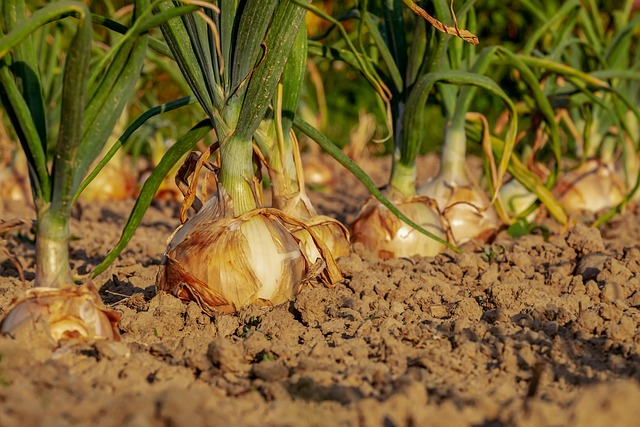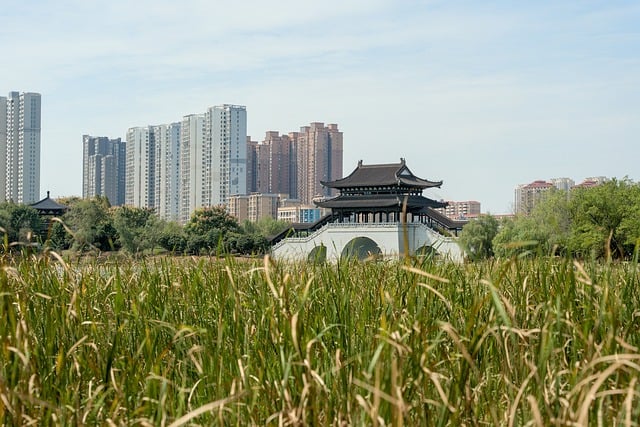In an era where urbanization has taken precedence, the concept of green spaces within cities is both a necessity and a challenge. Urban vegetable cultivation emerges as an innovative solution that not only contributes to a sustainable environment but also fosters community spirit. Imagine stepping out of your apartment and into a lush garden filled with vibrant greens, ripe tomatoes, and fragrant herbs. This reality is becoming increasingly achievable as more urban dwellers embrace the joys of gardening.
Urban vegetable cultivation is more than just a trend; it’s a movement aimed at reconnecting city residents with nature. Green spaces serve as vital lungs for our urban surroundings, filtering the air we breathe and providing habitats for urban wildlife. By planting vegetables in our backyards, balconies, and community gardens, we are not only beautifying our neighborhoods but also reducing our carbon footprint.
Gardening has a meditative quality that encourages people to slow down and appreciate the wonders of nature. When planting seeds and nurturing them to life, we engage in a dialogue with the earth. This hands-on experience enhances our understanding of where food comes from, and fosters a sense of responsibility towards our environment. It encourages us to think about sustainable practices, from organic gardening methods to composting waste.
Participating in community gardening acts not only as a means of producing food but also as a catalyst for social interaction. Neighbors can come together, share tips, and exchange produce. These gatherings build bonds of friendship and create a collective identity around the simple act of growing food. Eco-conscious individuals can unite to create green oases amidst the concrete jungles, whilst promoting awareness about the importance of sustainable practices. By partaking in urban vegetable cultivation, we can reclaim our connection to the natural world.
Moreover, urban farming can help combat food deserts where access to fresh produce is limited. By transforming neglected lots or utilizing rooftop gardens, communities can improve local food systems. These small acts of cultivation can have a significant impact on addressing nutritional needs and fostering health in urban populations.
The benefits of embracing urban vegetable cultivation go beyond individual households and neighborhoods. While gardening enthusiasts enjoy fresh, organic produce just steps away from their homes, they simultaneously reduce reliance on industrial farming and its impacts on the environment. The reduced carbon emissions associated with transportation and packaging of food offer a more significant benefit to the planet overall.
In conclusion, urban vegetable cultivation can be a profound step towards a more sustainable, green, and ecologically responsible future. By investing time and energy in this practice, we are not just growing food; we are cultivating community, nurturing our environment, and fostering a greener urban landscape for generations to come. Let’s dig our hands into the soil, plant our dreams, nurture nature, and watch our cities thrive with life and color.




